It’s not just stress at work or at home, poor sleep, hormone imbalances and health challenges that can cause shifts in our moods - food can have a dramatic impact on our mood too.
Unhealthy eating habits can undermine both our emotional and mental health and often improving our eating patterns and including certain mood boosting foods can have a significant positive impact on how well we feel both mentally and emotionally.
Here are three basic eating habits and foods for a better mood to incorporate into your daily routine to achieve that:
(1) MAINTAIN A REGULAR MEAL SCHEDULE
One of the key factors that influences how settled your moods tend to be on a daily basis, is the fluctuation of your blood sugar levels throughout the day.
Our bodies all have a blood sugar range that is considered normal and that they work hard to maintain.
Keeping blood sugar within this range is important for a number of aspects of our well-being, including maintaining stable moods.
There are a few different factors that affect your blood sugar level, but one of the main ones is your meal schedule. If this schedule is more-or-less fixed and contains an adequate number of meals each day, your blood sugar is more likely to remain stable, as are your moods.
On the other hand, if you do not eat regularly and tend to skip meals or eat them at very different times each day, your body will struggle to maintain your blood sugar within the normal range, leading to irritability, low energy and sugar cravings.
(2) STAY HYDRATED
About 60% of an adult’s weight is fluid and that percentage is even higher when it comes to our brain – a whooping 73%!
When we are dehydrated, this level of fluid in our brain falls and as a result, our brain temporarily shrinks. This can cause a headache and also negatively affect our concentration and moods, making us less able to focus - and making us crankier.
Dehydration can also cause a drop in the blood pressure, which decreases the blood flow to the brain, causing sleepiness and fatigue.
Fortunately, after we re-hydrate, these effects are reversed, and the brain is returned to its normal shape, improving our focus, energy and lifting our moods.
(3) EAT SEAFOOD, NUTS AND SEEDS
Fish and other seafood - as well as to a lesser extent nuts and seeds - contain Omega 3, a fatty acid which is important for optimal functioning of our brain and supporting good moods.
A number of research studies have linked low levels of Omega 3 to a greater likelihood of mood disorders, including depression, and have also shown that supplementation with Omega 3 may help to alleviate their symptoms.
If you do not eat fish or seafood, and also avoid nuts and seeds, you may be able to get enough Omega 3 from fortified foods (these most often includes certain eggs, milk, yogurt and juices), or alternatively your doctor or a qualified nutritionist can advise you on the right kind of supplements that will help you ensure that your body gets all the Omega 3 it needs.
So these are some simple things that you can start with and that will help you take the first few steps towards better, balanced moods. Of course, there are other things you can do too, and to discover how to optimise your nutrition so that it will fully support your mental and emotional health, apply for a free discovery call with us below.
On the call we can then discuss your specific health situation and wellbeing goals in more detail, and explore how nutrition can help you achieve them.



